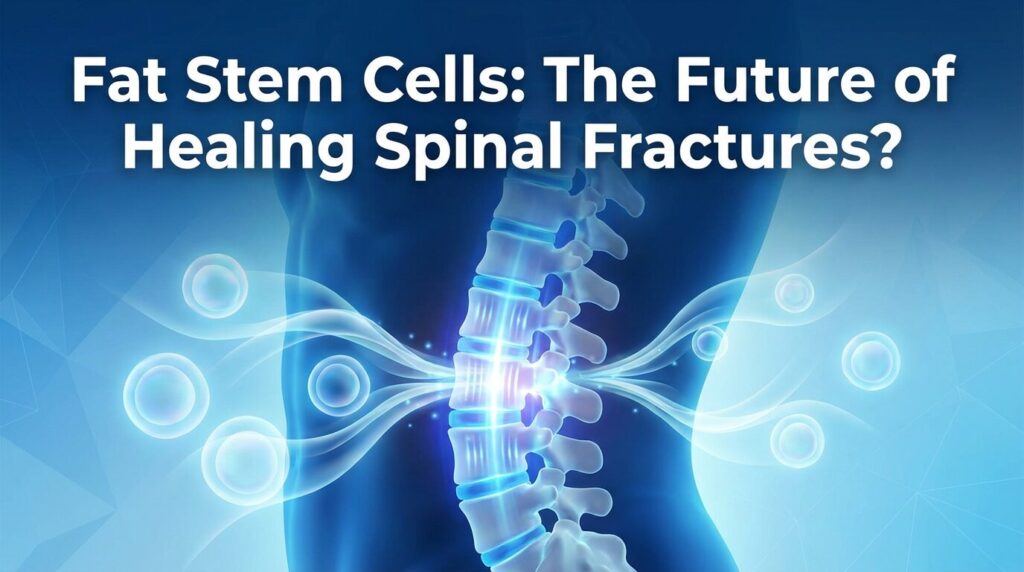The rapid advancement in regenerative medicine is reshaping our understanding of aging, aesthetics, and future healthcare possibilities.
In a compelling interview on “The Technology of Beauty,” Drew Taylor, CEO and founder of Acorn Biolabs, shares groundbreaking developments in cryopreservation and autologous regenerative medicine that could redefine how we care for our health and appearance.
From Baseball to Biomedical Engineering
Drew Taylor’s journey is extraordinary—from pitching in minor leagues with the Toronto Blue Jays to earning a PhD in biomedical engineering.
His focus on regenerative medicine and stem cell biology laid the foundation for what would become Acorn Biolabs.
The Genesis of Acorn Biolabs
Taylor, alongside his co-founders, launched Acorn Biolabs to make regenerative medicine accessible.
The core innovation? Cryopreserving hair follicle cells—a minimally invasive, cost-effective way to store your own cells for future therapeutic use.
These cells are stored at -196°C, effectively stopping their biological clock and locking in their youthful state.
Why Hair Follicles?
Hair follicles are a rich source of mesenchymal stem cells, akin to those found in bone marrow.
Easily accessible and highly potent, these cells can differentiate into cartilage, bone, fat, and even neurons.
Compared to cord blood or fat-derived cells, hair follicles offer superior scalability and regenerative potential.
Banking Youthful Cells
Acorn’s system allows individuals to pluck 50 hair follicles, which are then stored in four vials for redundancy.
Clients pay a subscription fee (starting at $190/year) to keep their cells viable for potential future therapies—from skin rejuvenation to potentially growing new organs.
Real-World Applications
Already, Acorn has completed two preclinical trials.
One showed that serums derived from cultured hair follicle cells yielded up to 34 times higher levels of fibronectin compared to PRP.
These serums are being tested for use in aesthetic medicine, notably alongside microneedling and laser treatments.
Beyond Aesthetics: A Future Vision
The long-term vision extends beyond beauty. With research collaborations underway to convert stored cells into pluripotent stem cells (iPSCs), applications could range from treating diabetes to growing entire organs.
A current study aims to produce insulin-secreting pancreatic cells, offering hope for patients with chronic conditions.
Simplicity Meets Science
The procedure is straightforward: using a small kit, trained professionals pluck hair follicles and prepare them for cryogenic storage.
The cells can later be cultured to create a personalized serum or be used for more complex regenerative applications.
The Bigger Picture
Taylor emphasizes that Acorn’s innovation is about giving individuals control over their biological future.
By capturing cells at their peak condition, people can potentially counteract the effects of aging or disease decades later.
The implications for longevity and quality of life are profound.
In sum, Acorn Biolabs is leading a revolutionary shift in personalized healthcare. By making regenerative medicine proactive rather than reactive, they offer a glimpse into a future where aging might be optional—and health is preserved at the cellular level.
Watch full video below:


